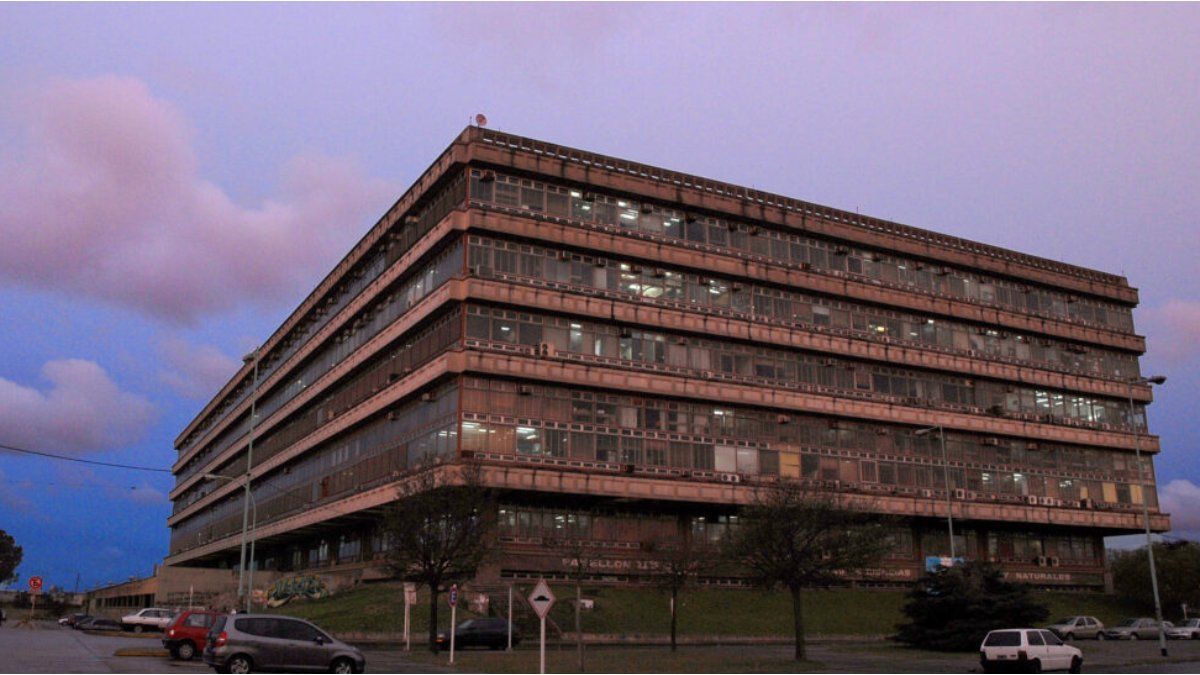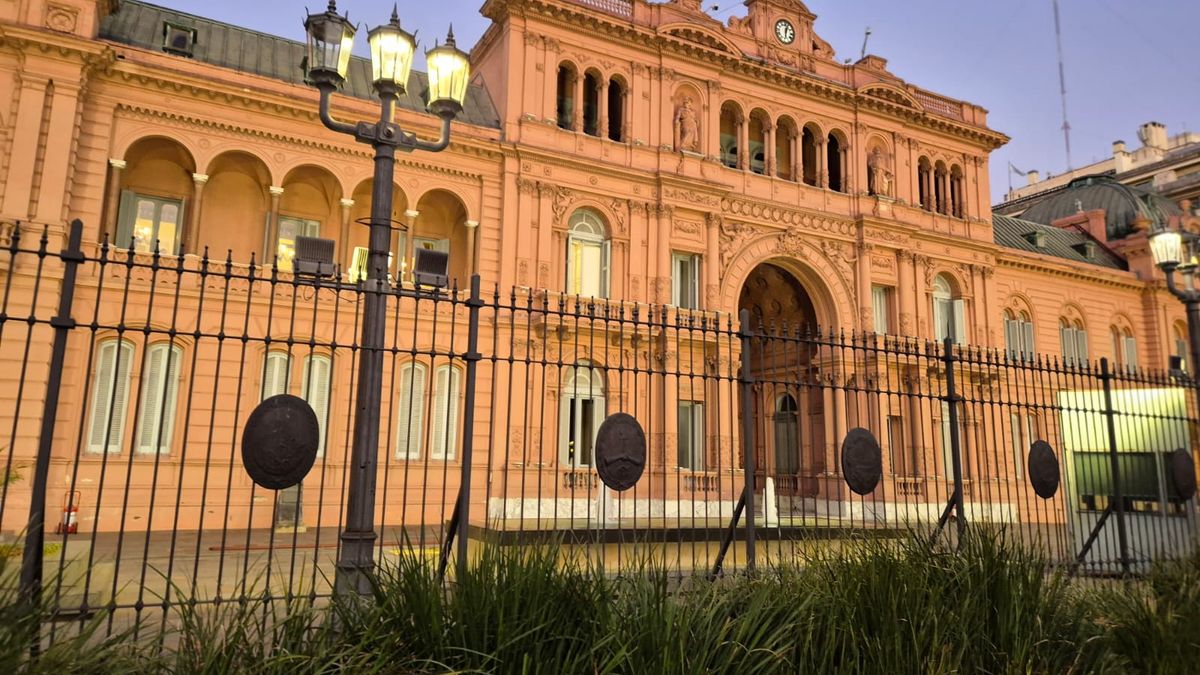In recent months, a bill has been brewing between the Education and State Modernization portfolios, which proposes changes in compulsory and higher education. As he knew Scope, The fine print of the text pursues the objectives that had been included in a first draft of the “Omnibus” law that failed to pass the Parliament filter in the summer.
One of the points proposed by the regulations was the implementation of duty for all those foreigners that, without residence or establishmentwant to study some higher study career (university and tertiary). The proposal covered the institutions of “state management higher education” and national universities, and left out of the tariff the native argentines already the foreigners residing in the country.
The proposal never saw the light of day since the “Omnibus” law It was withdrawn from Congress by decision of the Executive Branch. And, subsequently, it was not included in the Bases law approved in June. However, the Libertarian administration did not completely abandon it but quietly began working on a project, awaiting the moment for its presentation.
Despite the libertarian proposal, In most of the country’s national universities, foreigners cannot study without being residentswith which it remains to know the complete letter of the initiative to know which universe the Government is specifically addressing.
The Government seeks to revive a project to pay universities for non-resident foreigners
Now, months later, the Government seeks to revive the initiative, in the midst of a strong conflict with the university authorities, the teaching unions and the parliamentary opposition. Among the main points of the official initiative it stands out that Universities will be able to charge fees to non-resident foreign students and determine “basic principles for the allocation of university resources”.
The changes proposed by the Executive will be presented in a bill that, eventually, Congress must approve for it to be effective, given that currently the collection of a fee is prohibited by Law No. 24,521: “Degree studies in educational institutions state-managed higher education are free and imply the prohibition of establishing any type of direct or indirect levy, rate, tax, tariff, or fee on them.”
The debate on charging non-resident foreigners takes place in a context in which the national administration is carrying out a review of university expenses, which is accompanied by an adjustment of the items for operation and salaries, in line with the cuts. State budgets in areas of the PEN and decentralized organizations.
The Government finalizes details of an educational reform project
The education reform project in which the portfolios of Education and Modernization It also proposes establishing an exam at the end of the secondary educationwith the aim of strengthening the policy of Learn evaluation. Furthermore, it provides assessment to teachers “in a period not exceeding 4 years.” And those professionals who enter teaching must complete a pedagogical cycle.
Likewise, in the case of public universities it would enable the “external evaluations” within the first 6 years “from normalization”, and from “provisional recognition” in the case of private institutions. With the possibility of repeating the process every 10 years.
As this media learned, the reform will seek determine a series of “basic principles” for resource allocation of the houses of higher education. It should be remembered that, if the Budget 2025 as it was written, the universities They will be forced to present to the Undersecretary of University Policies “the information necessary to assign, execute and evaluate the resources that are transferred to them for all reasons.”
The project also proposes releasing restrictions regarding distance education “for the oriented cycle of secondary level and hybrid teaching from the second cycle of primary level onwards”, an aspect that would be “additional” to the obligation that applies to face-to-face education. .
In another section of the reform, the Executive will propose “encourage to school institutions to fundraising“, under the consent of the authorities, as well as the “reception of contributions” of individuals, companies and civil society organizations. And with regard to technical education, its duration will be “equivalent or maximum of one additional year to the duration of the secondary level of each jurisdiction.”
Source: Ambito




